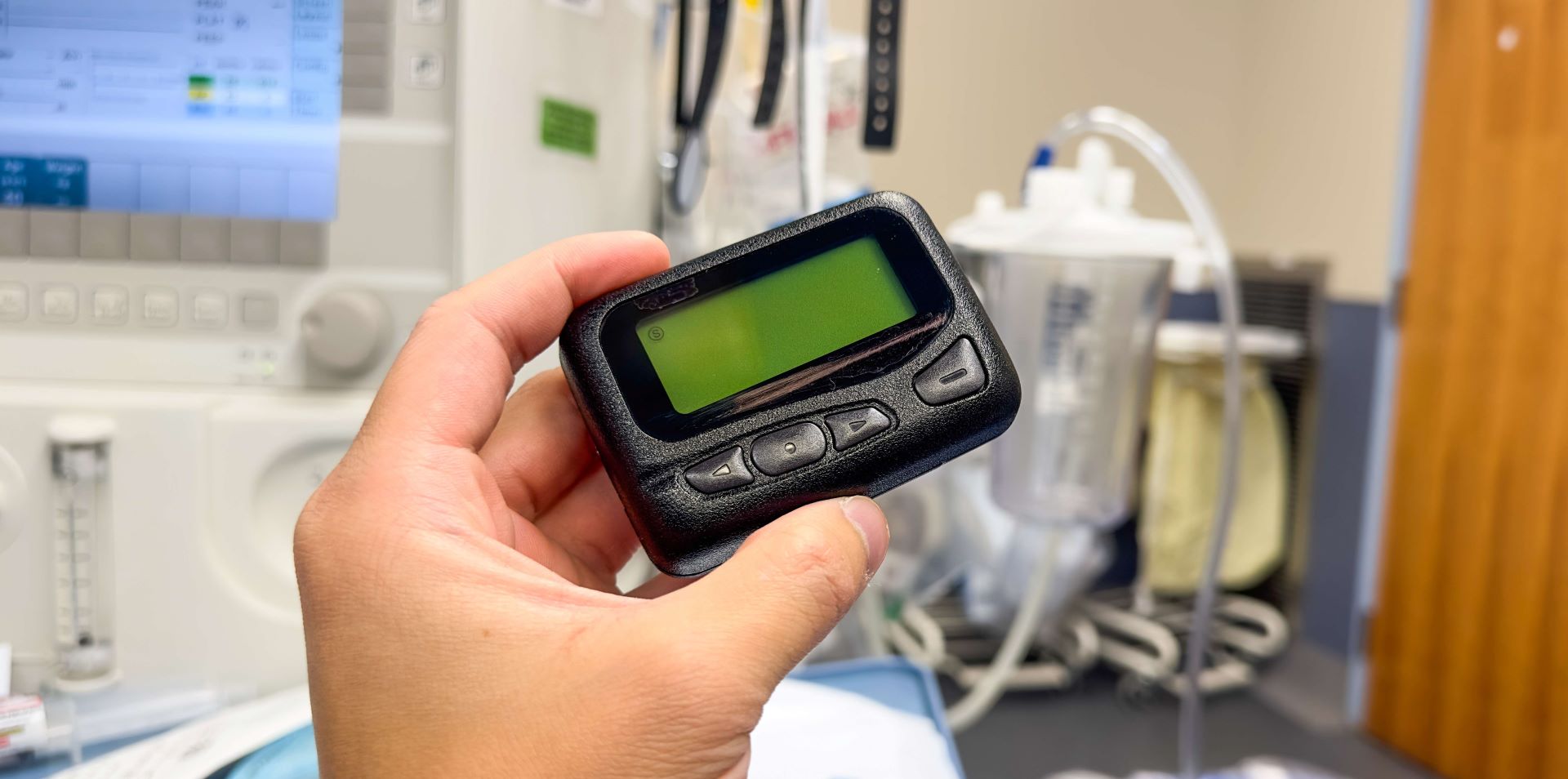One of the most significant benefits of hospital pager systems is the ability to provide real-time communication. In a hospital setting, every second counts. When a patient’s condition deteriorates, or a critical event occurs, healthcare providers need to be notified immediately. Hospital pager systems ensure that messages are delivered promptly, allowing for a swift response.
Although pager systems may seem like an old-school solution in a world full of smartphones, they still serve a crucial role in healthcare. Here’s how modern hospital pager units are helping improve patient care and why they’re still an essential part of hospital infrastructure:
Better Response Time
A quick response can be the difference between life and death in any healthcare setting. When a medical emergency arises, there’s no time to waste with delayed messages or missed calls. Advanced hospital pager systems provide a reliable way to notify healthcare professionals instantly, ensuring they can respond swiftly.
Unlike mobile phones, which rely on cellular networks that can sometimes fail in hospital settings, pager systems are more dependable. Hospitals are often designed in ways that block or weaken mobile signals, especially in areas like basements or operating theatres. However, a beeper pager works through dedicated networks, making them much more reliable for communicating urgent information.
Enhance Coordination Between Teams
Hospitals are complex environments with various teams working in sync to deliver care. Communication breakdowns between departments can lead to delays and even errors. Modern hospital pager systems help improve coordination by sending direct and clear messages to the right people.
Whether it’s summoning the surgery team for an emergency procedure or updating the intensive care unit (ICU) on a patient’s condition, these systems ensure the information reaches the right people quickly. The pagers don’t just alert staff—they can also send detailed messages, reducing the need for additional follow-up communication. This kind of clarity makes sure that everyone stays on the same page, quite literally.
Reduce Disruptions in Patient Areas
Noise can be a major concern in hospital environments. A constant stream of phone calls and overhead paging announcements can disturb patients who are recovering. Many patients require a quiet space to rest and heal. Technologies in healthcare, like modern hospital pager systems, help reduce this disruption.
Rather than relying on loud public announcements, these systems send direct messages to specific staff members. This keeps the noise level in wards and patient rooms much lower. Patients benefit from a calmer, more peaceful environment, while staff can focus on their tasks without the distraction of unnecessary noise.
Support Mobile Healthcare Staff
Doctors, nurses, and other healthcare professionals are always on the move. Regardless of checking on patients, performing procedures, or attending meetings, they rarely stay in one place for long. This mobility can make it hard to reach staff quickly, especially when time is of the essence.
Hospital pager systems are designed with this in mind. They provide a way to contact healthcare professionals wherever they are within the hospital. Pagers are lightweight, easy to carry, and don’t require constant attention, unlike mobile phones. Staff can go about their day without being glued to their device, yet still receive important updates or alerts when needed.
Boost Reliability and Security
In healthcare, protecting patient information is paramount. Mobile phones, email systems, and messaging apps are often vulnerable to hacking or data breaches. That’s a serious concern when you’re dealing with sensitive patient data.
Pager systems, on the other hand, are much more secure. They operate on closed networks that are less prone to hacking attempts. This makes them ideal for sending confidential information, like patient updates or treatment plans. For hospitals that need to comply with strict data protection regulations, pager systems provide an additional layer of security.
Furthermore, pagers are far less susceptible to power failures or internet outages, both of which can disrupt mobile phone networks. Even in a crisis, hospital pager systems will continue to work, ensuring communication channels remain open. This makes them a dependable choice for any hospital that needs constant and secure communication.
Customise Alerts for Specific Needs
Every hospital is different, and so are its communication needs. One of the strengths of modern pager systems is the ability to customise alerts and notifications. Whether you need to reach a specific department, notify a group of staff, or send an urgent message to all healthcare professionals, pager systems offer flexible options.
With tailored messages for particular situations, you reduce confusion and speed up response times. For example, urgent alerts can be prioritised, while routine updates can be sent less frequently. This ensures that critical messages don’t get lost in a sea of less important notifications.
Customised alerts help hospitals streamline their effective communication processes, ensuring that staff always receive the right information at the right time. This level of precision enhances patient care by allowing healthcare teams to react faster and more efficiently to different situations.
Final Thoughts
Advanced hospital pager systems offer more than just a simple way to contact healthcare staff. While mobile phones and other technologies continue to evolve, pagers remain a trusted tool in hospital settings, thanks to their dependability, durability, and flexibility.



